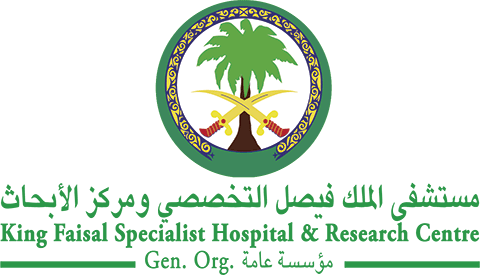Abstract
Chimeric antigen receptor (CAR) T-cells targeting CD19 have drastically improved the outcomes of B-cell malignancies; however, the success has not yet extended to myeloid malignancies such as acute myeloid leukemia (AML). Main impediments in the development of CAR T-therapy in AML include difficulty in identifying appropriate target antigens that are specific to myeloid leukemia stem cells while sparing the healthy hematopoietic stem progenitor cells (HSPCs). Herein, we discuss the current state of CAR T-cell therapy in AML, highlighting recent progress and limitations in clinical translation. We also discuss novel approaches in CAR T therapy development and potential strategies to enhance anti-leukemic activity while minimizing toxicity to heathy cells in order to make CAR T-cell therapy a viable option for patients with AML.
Recommended Citation
Bi, Xia; Hsu, Jingmei; Gergis, Mia; Yang, Yang; Yi, Dongni; and Gergis, Usama
(2022)
"Chimeric Antigen Receptor T-cell Therapy for Acute Myeloid Leukemia,"
Hematology/Oncology and Stem Cell Therapy: Vol. 15
:
Iss.
3
, Article 6.
Available at: https://doi.org/10.56875/2589-0646.1062
Creative Commons License

This work is licensed under a Creative Commons Attribution-Noncommercial-No Derivative Works 4.0 License.
Included in
Cancer Biology Commons, Hematology Commons, Oncology Commons

